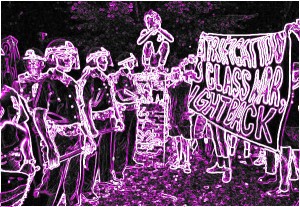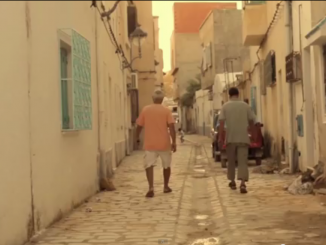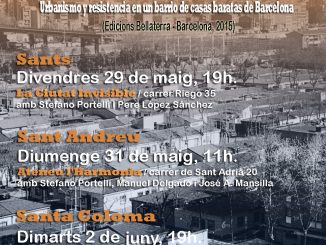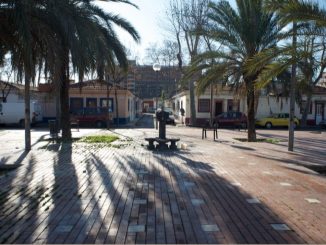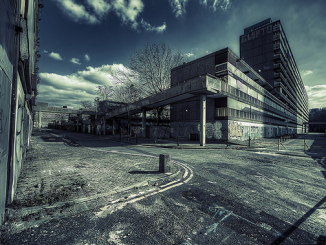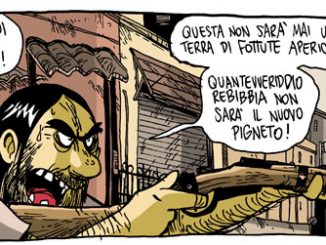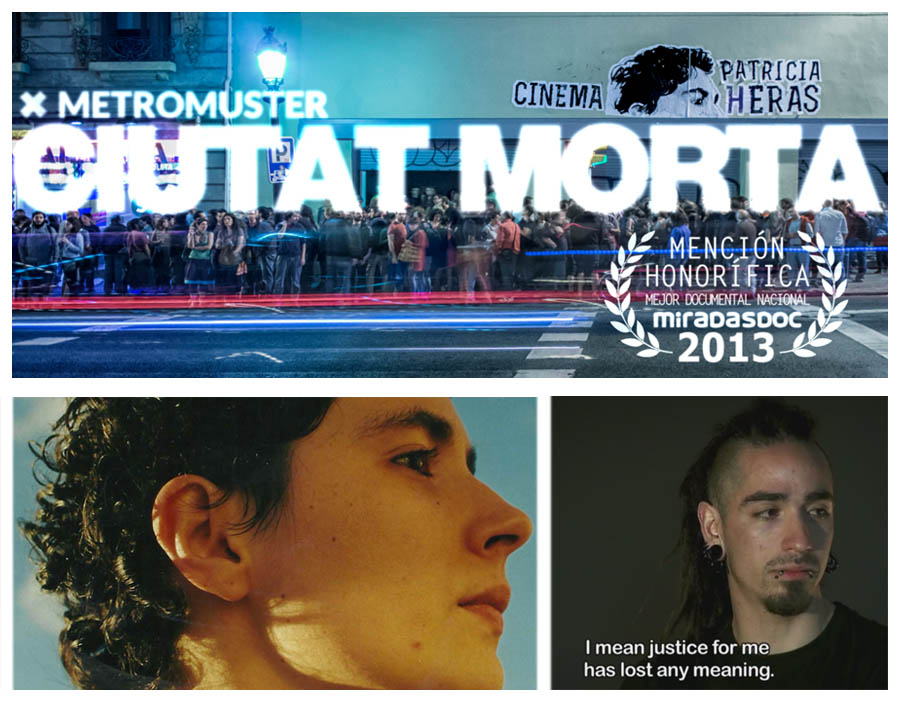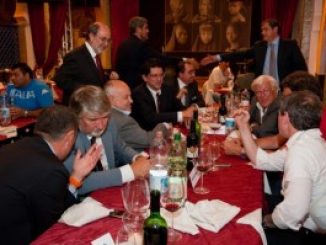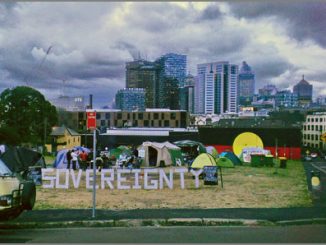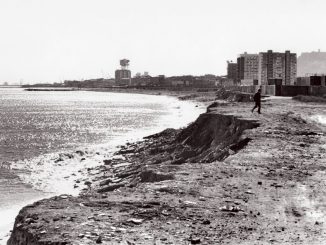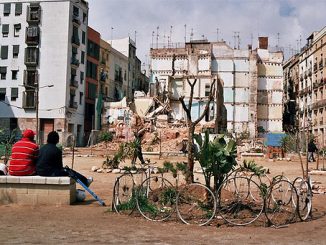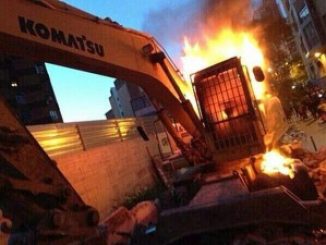
Around the world, around the world: INURA, EASA, AAG, IPSA
 At the beginning of September in Athens there was the 25th congress of INURA, International Network of Urban Research in Action , about “Transformative urban politics”.
At the beginning of September in Athens there was the 25th congress of INURA, International Network of Urban Research in Action , about “Transformative urban politics”.
In Noviembre in Lubljana there will be the Congress of the Applied Anthropology Network of the EASA – European Association of Social Anthropologists, under the promising title of “Why the world needs anthropologists – burning issues of our hot planet”.
And to go even further, at the end of March in San Francisco there will be the annual meeting of the Association of American Geographers, where a panel will be on “Narrating displacement: lived experiences of urban social and spatial exclusions”. The call for papers will finish on October 15th.
While October 7th is the deadline to present communications at the panel “Contemporary struggles and revolt in Mediterranean cities” at the IPSA congress (International Political Science Association) – to be hold in July in Istanbul.
So, no excuses! Let’s work and present papers as much as we can, since we have to change this old academic paradigm: and the times are favorable.…
